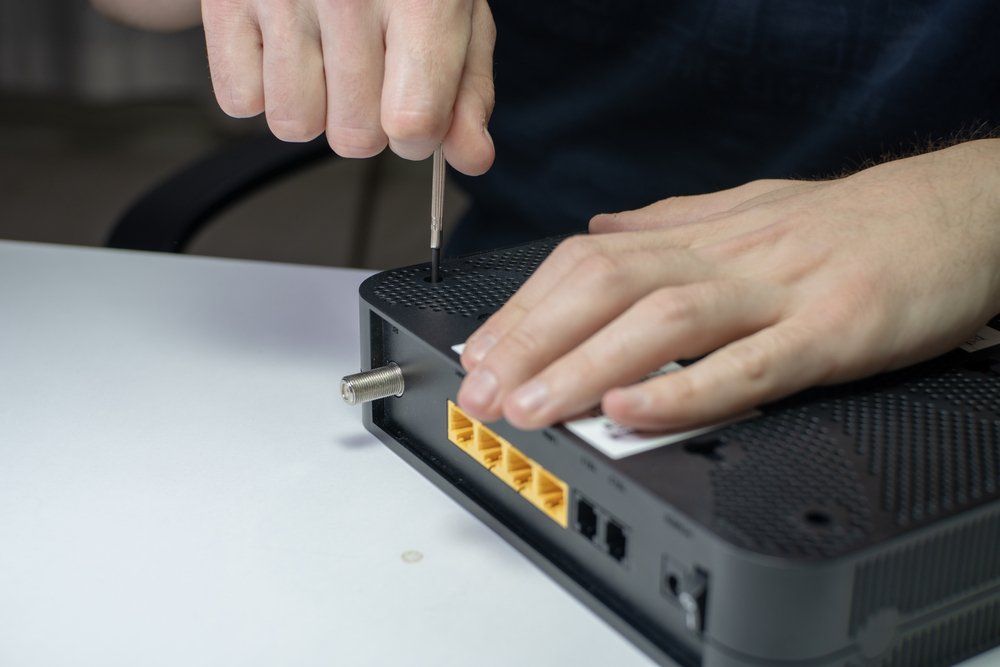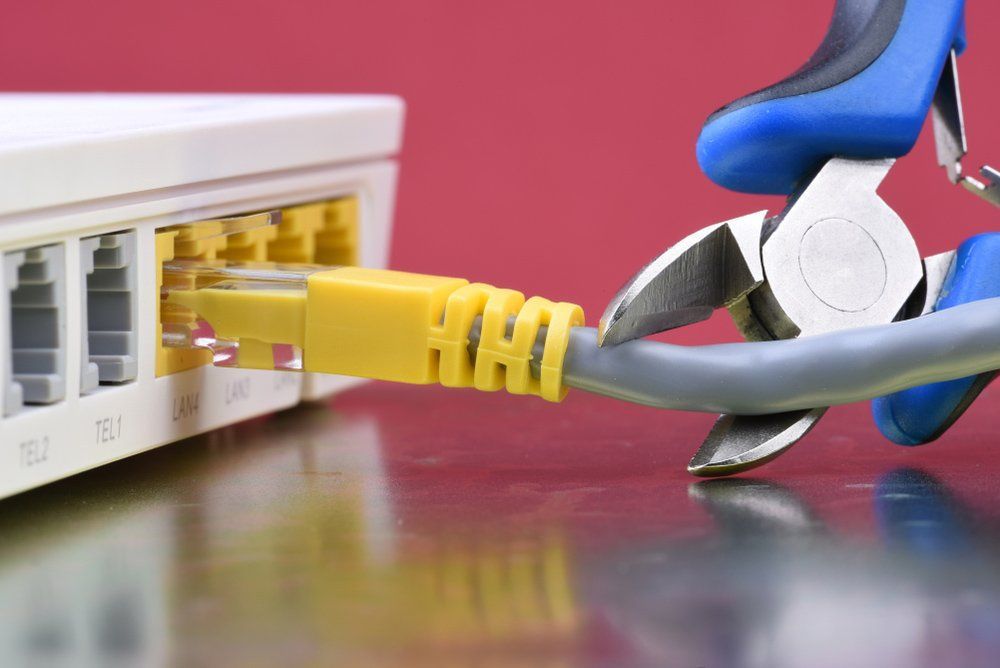Fixing Internet Connection Issues Fast
We’ve all been there: Just when you’re due for an important Zoom meeting or you’re reaching the best part of a movie you’re streaming, the internet cuts off. If this happens to you, don’t despair. Our Northern Rivers and Far North Coast internet repairers will sort out your Wi-Fi woes.
Our technicians have the tools and know-how to conduct a full wireless audit at your premises—be it residential or commercial. We’ll also monitor neighbouring Wi-Fi signals to check for interference. If needed, we can fine tune your Wi-Fi devices, conduct modem repairs, as well as boost signal levels.
For prompt and reliable internet troubleshooting, Superior Wifi is the clear choice. Call us today on 0409 499 650 to book a service. We travel to Ballina, Byron Bay, Lennox Head, Lismore and beyond.
Custom Wi-Fi Solutions
We can customise a wireless solution to suit your property, ensuring you receive the best possible Wi-Fi setup. Our technicians can integrate this wireless solution into your existing Cat5/6 network (if you have one) and fine-tune both to run efficiently. What’s more, we can show you a ‘before and after’ report of your wireless speed and reliability, so you can get a clear picture of the improvements that have been made.
Send An Enquiry
Contact Us
Thank you for contacting Superior Wifi.
We will get back to you as soon as possible.
Oops, there was an error sending your message.
Please try again later.
Frequently Asked Questions
Why is my Wi-Fi slow?
There are few main causes of slow Wi-Fi:
- Bad Router Positioning – Think of your router as a single candle (yes, really!). If you wanted to light the maximum number of rooms, you wouldn’t place the candle on the ground in some far corner of your house. The same applies with WiFi. An elevated central position can be a winner in many cases.
- Separate WiFi band names – Routers in the past came preconfigured with two different names for the 2.4GHz (low speed) and the 5GHz (High speed) bands. If you are using only one of these bands your Wi-Fi can be overloaded or unnecessarily weak. By using the same Wi-Fi name and password on both bands, your devices will be able to choose correctly for themselves what works best. Most routers are capable of this and if so, are easily reconfigured.
- Old router – Some old but faithful routers will only support the 2.4GHz band. If you have many high-speed devices this can cause overloading and cause the Wi-Fi to slow down
- More than one router – This is more common than you would think. By attempting to solve other Wi-Fi problems, additional hardware may be installed. Wi-Fi traffic gets jumbled, and things just get worse.
- Too many physical obstacles between your device and the router – If your home is large, multi-story, has thick internal walls or even multiple wings, your Wi-Fi signal may run out of strength to get to all corners and all devices. If this happens, it can affect all devices not just the ones far away. Lack of signal to one device in a far corner of your house can require a lot of repeated transmissions to get the signal to its destination. This results in every device slowing down.
- Faulty Router – If your Wi-Fi occasionally freezes and rebooting the router (turning it off and on again) fixes the problem, then a new router may be the solution. Routers do a lot of work and are not designed to last forever. A new unit may solve these issues and give better performance overall.
- Underdone network cabling/hardware –If your household is demanding a high speed and reliable Wi-Fi system, then install a high-performance system that suits those requirements. This may involve hardwiring (running a data cable) to as many devices as possible and providing more than one Wi-Fi transmission point (Access Point).
- Clashing with neighbouring Wi-Fi – Scan for other Wi-Fi networks. If there are clashes with other signals, then setup a Wi-Fi channel that is clear of all other sources of interference.
Why is my Wi-Fi so bad?
There are at least nine common causes of bad Wi-Fi:
- Bad Router Positioning
- Using Separate Wi-Fi band names
- Not enough retransmission access points
- Using an old router
- Using more than one router
- Too many obstacles to reach the router (walls etc.)
- The router is faulty
- Underdone network cabling
- Interference from neighbouring Wi-Fi
Why can’t I connect to Wi-Fi?
There are two common reasons:
- You are not close enough to the router. The initial joining of a Wi-Fi network often requires significantly stronger signal than an ongoing connection.
- The password is incorrect. Remember that both network names and passwords are case sensitive, so carefully double check everything. Also forgetting the network on your device and trying to reconnect is always worth a try!












